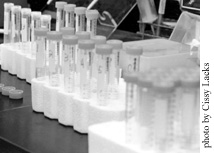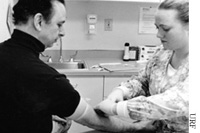Initial Biopsies Miss Many Prostate Cancers
The need for repeat prostate biopsies is a common occurrence in men with elevated PSA levels or a suspicious digital examination whose initial biopsies do not show prostate cancer. Dr. Catalona suggested that with the recent ability to perform a…







